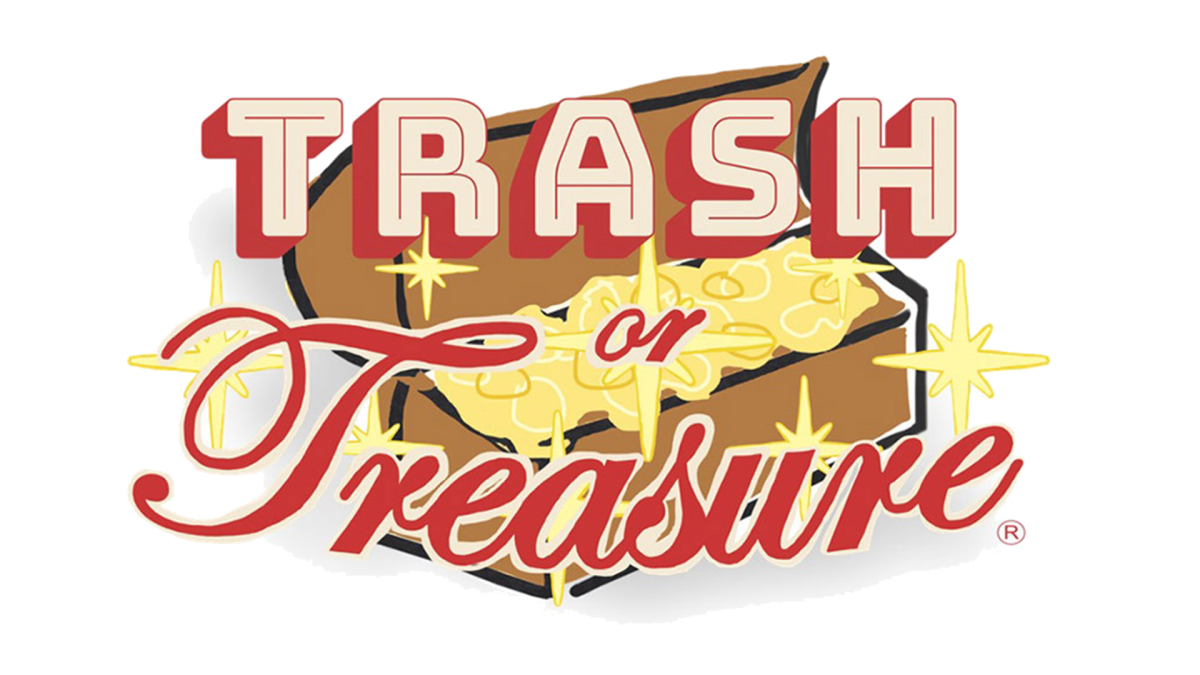 After not seeing some of my relatives for ten years, I finally had the opportunity to visit them in Tegucigalpa, Honduras. I was thrilled about going. Not only would I be seeing my family again and living with them for two weeks, but I was also going to be working with a medical brigade for the first time.
After not seeing some of my relatives for ten years, I finally had the opportunity to visit them in Tegucigalpa, Honduras. I was thrilled about going. Not only would I be seeing my family again and living with them for two weeks, but I was also going to be working with a medical brigade for the first time.
As the time to leave drew near, I became more nervous. How would I fit in with my family? Would I be able to communicate well with everyone? Would I be able to adapt to a new atmosphere? I guess you could say I was just being too anxious about the whole trip, but to be completely honest, I was a little terrified about going for two weeks.
My first day in Honduras was a culture shock. Tegucigalpa is nothing like Bryan. In Tegucigalpa, everywhere I looked I saw green mountains with old, colorful houses stacked on top of each other. In contrast to the beauty of the mountains and houses were run-down streets which were crowded with buses which had people packed like sardines. There were all kinds of people walking along the dirt roads: school kids in their uniforms, mothers with playful children, men walking to work, and kids buying food from pulperias, which are little convenience stores people hold in front of their houses.
My mom and I stayed at my grandmother’s house, which is where my entire family hangs out most of the time. It was nice to be with my family again, but it was also a huge change for me because everyone spoke at on time. The language barrier, at first, was intimidating, and the fact that everything was spoken in Spanish made it hard for me to keep up.
The first week I spent in Honduras was dedicated to working with the medical brigade. A medical brigade is a group of Americans that go to some of the poorest countries in the world to offer medical attention to those who can’t afford to go to the doctor. My job was to work in the pharmacy and give the patients their medication.
The Tale of the Circular-Bread-Thingy
One day, for lunch, we ate fish with rice and tortillas. Rice and tortillas are eating daily by most Hondurans. While we were eating, I overheard two girls from Pennsylvania talking about the food we were served.
“Hey, do you like the taste of this circular-bread-thing?”
“It’s all right, it’s sort of different.”
I asked the girls what they were referring to, and they pointed to the tortillas on their plate. Apparently, they do not eat tortillas very often in Pennsylvania, which was surprising because, here, in Texas, you can get tortillas in any grocery store and ask for them in practically any restaurant, whether it’s Mexican or not.
While working in the pharmacy, not only did I have to speak a lot of Spanish to the Hondurans, but I also had to do a lot of translating. There were two girls from South Carolina working with us in the pharmacy, who didn’t speak much Spanish, so when they had to communicate with patients about the medication they were given, it was my job to be their translator.
Translating from Spanish to English was no problem, but translating from English to Spanish was a challenge. Although I have known Spanish my entire life, I was not very confident in my fluency. Without confidence it’s really tough to speak a language you’re not comfortable with. Over time though, I gained confidence, and it became a lot easier for me to translate by the end of the week. People were depending on me to communicate and although that was a lot of pressure, it was an amazing experience.
After working with the medical brigade for about five days, I spent some time with a church my family attends in Tegucigalpa and a mission group from Pennsylvania. Once again, I was the translator as well as a guide to the group from Pennsylvania, telling them about what was going on in Tegucigalpa and a lot of customs exist in Honduras.
It was interesting to see the youth groups from America and Honduras try to communicate with each other. Although they didn’t speak the same language, they used a lot of hand gestures to ask each other questions. When they could successfully communicate, or if I translated for them, they realized how much they had in common: boyfriend/girlfriend problems, not liking a certain subject in school, or having different goals in life. It was interesting to see how teenagers from anywhere in the world could find something they had in common.
My two weeks spent in Honduras went by quickly. I went from being nervous about not fitting in with my family, to having the best time of my life with and amazing group of people.
Spending time with my family and meeting all kinds of different people made me realize how much we all have in common. Sure, we may live in different countries and are used to different customs, but we’re all human. We all laugh, we all cry, we all like to have a good time, yet we all have to overcome difficult obstacles in life.




